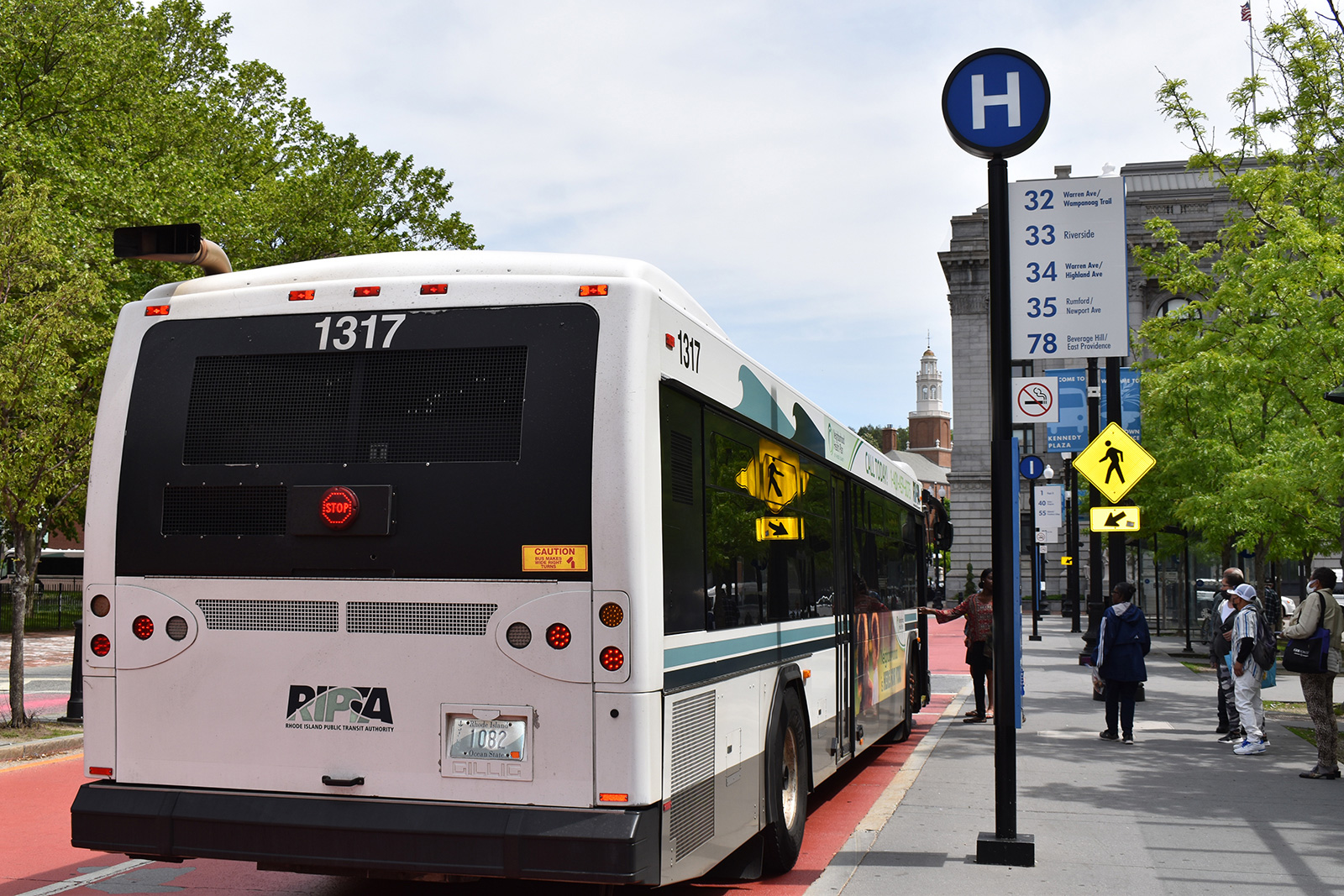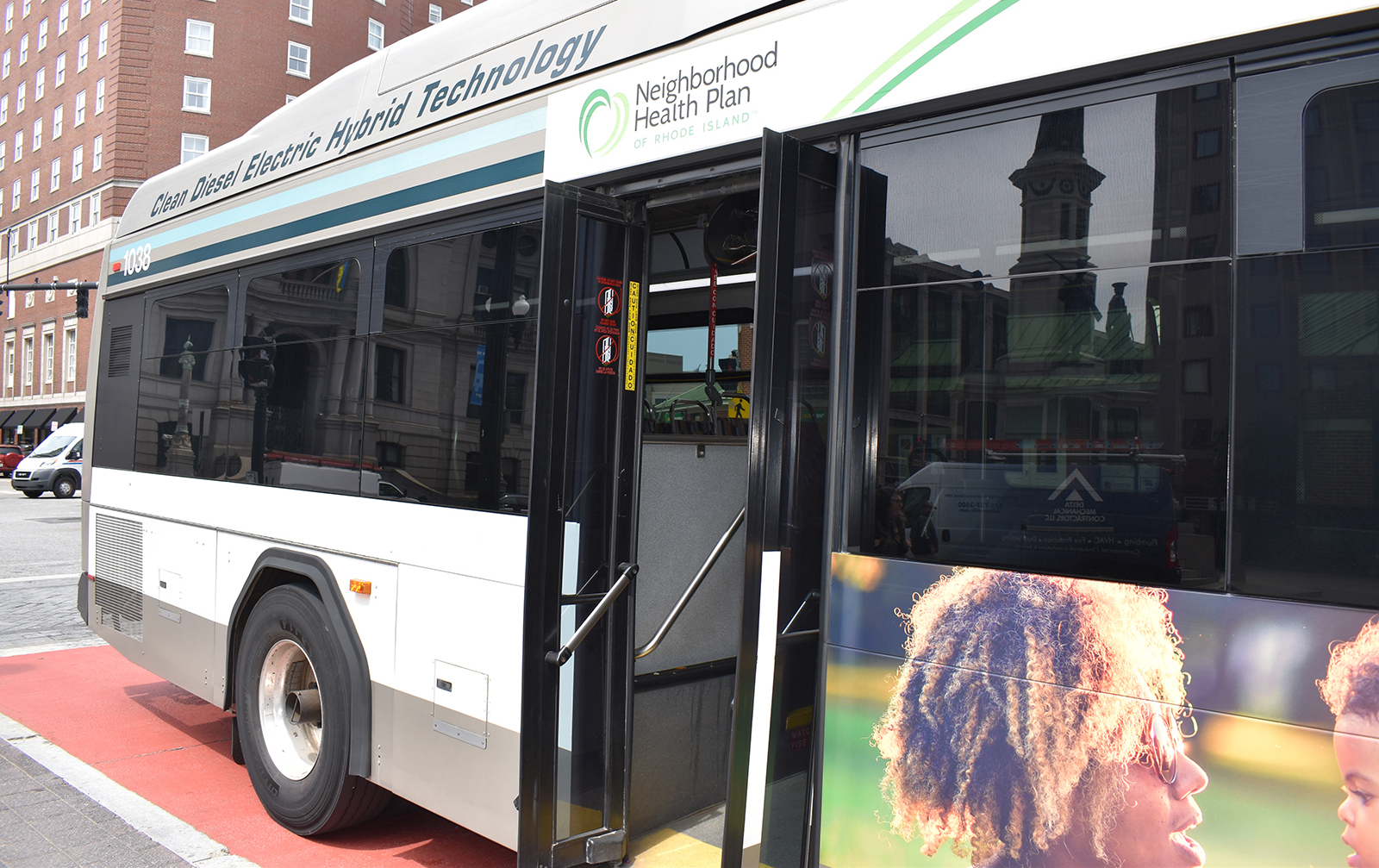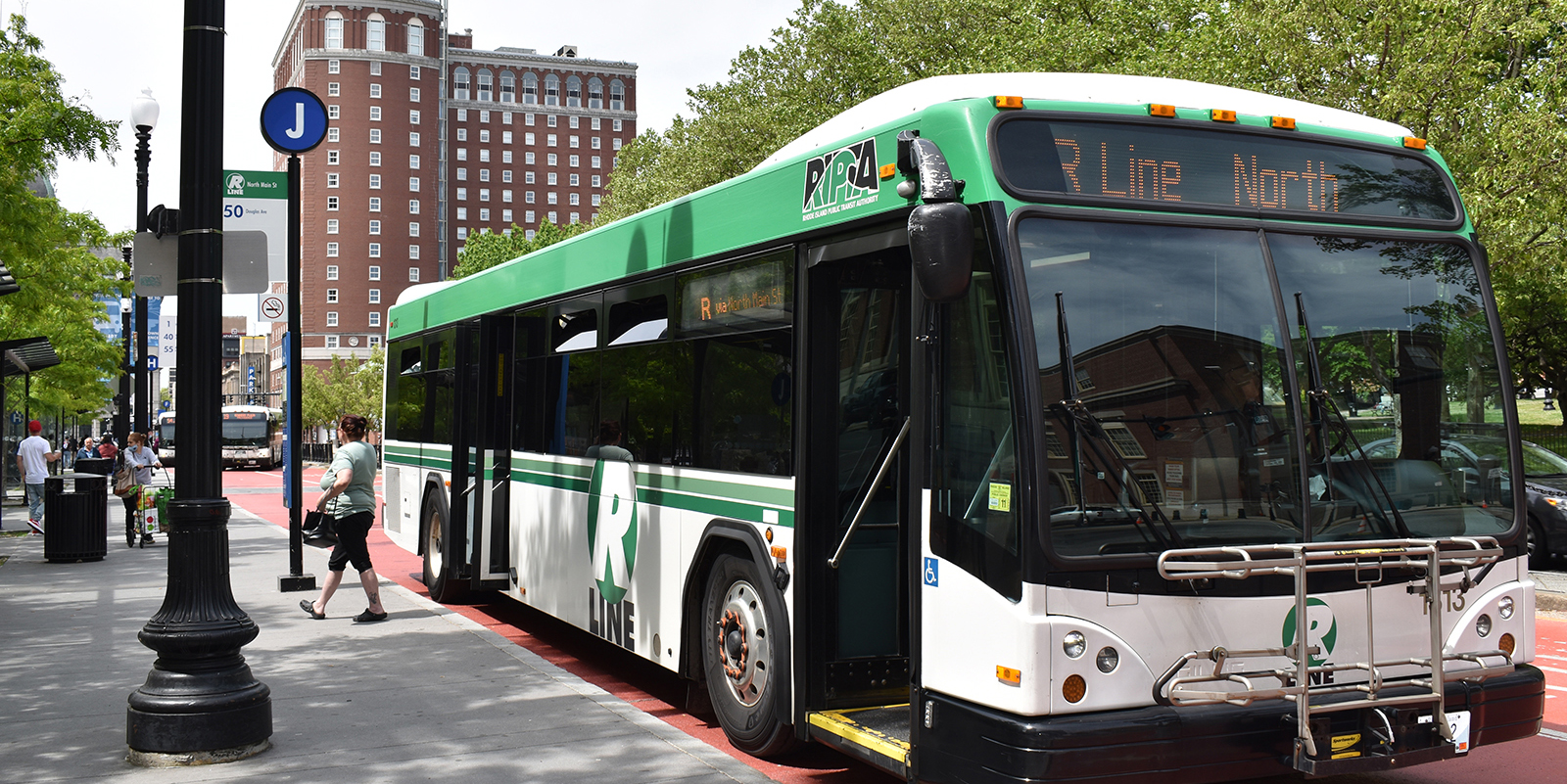RIPTA Board Looks at Service Cuts as Driver Shortage Continues
January 26, 2024
PROVIDENCE — Service cuts are on the table for the state’s transit agency, but not for the reasons that some riders and transit advocates had expected.
Rhode Island Public Transit Authority staff cited issues hiring and retaining drivers amid a national shortage when proposing to modify service, in many cases reducing or discontinuing routes, at the authority’s board meeting Thursday.
On weekday service alone, proposed changes to RIPTA’s schedule include adjusting run times on five routes for better reliability; increasing frequency on four lines; reducing service on five other routes; and cutting 11 routes altogether.
Jamie Pereira, chief of security and operation at RIPTA, said the agency looked at factors including passengers per trip, per mile, and per hour on the bus, on-time performance, percentage of lost service, and feedback from riders on each line to create a ranking that helped staff decide which routes should be modified.
Many of the lines are express routes, which he said might not have been carrying many passengers to begin with.
The changes “are not budget-driven at all,” Pereira said. “If you only have so many drivers, those drivers can only carry so many routes.”
Although RIPTA drivers receive benefits such as a pension and insurance in their compensation, hourly wages lag behind other driving jobs, which makes it difficult to hire. Of drivers currently on the road, many have hit or will hit retirement age soon, Pereira noted.
“It’s not a pretty business,” RIPTA CEO Scott Avedisian said at the meeting, but he did note that he is hopeful that a new agreement with the union representing drivers, which he said the agency is close to making, could help the situation.
If an agreement can be reached that helps the problem and brings more drivers in, service will be added back, he said.
“We want to make sure that our schedule is like our contract with our riders,” Avedisian said, and although making these adjustments may reduce service in many instances, it will also make it more reliable.
Several transit advocates and riders had attended the agency’s monthly meeting to voice concerns about service cuts they thought might be coming as a result of budget issues — a worry driven by Gov. Dan McKee’s announcement last week that his administration would allocate some but not all of the funding the agency needs to avoid a fiscal cliff. About $8 million are still needed to fill the deficit.
During the public comment portion of the meeting, rider and advocate Archana Ramanujam said she was disappointed that McKee’s $10 million allocation didn’t completely cover the deficit. She called on the board to work with advocates to ask the General Assembly for more money, to avoid service cuts.
“It isn’t really public transit if it doesn’t serve the public,” she said, explaining that she didn’t believe that buses running every 40 minutes on some lines fit the bill.
If Sunday service is cut, in which buses run less frequently than on weekdays, transit rider Amber Ma said she might miss her shifts at an East Bay animal shelter. As the shift leader there, that could affect other volunteers, she said. It’s small impact, she conceded at the meeting, but it’s only one of many should RIPTA service reductions happen as suggested.
The board did not vote on the service changes Thursday. Before they can be approved, public meetings will need to be held in each county of the state and the changes will need to go through a Title VI review to ensure that where the cuts are happening won’t disproportionately impact certain communities.
If the agency isn’t able to find the funding it needs to avoid the fiscal cliff, board member Norman Benoit said the adjustment process will be “on steroids.”
A special RIPTA board meeting is scheduled for Tuesday, Jan. 30, at 9:30 a.m.



